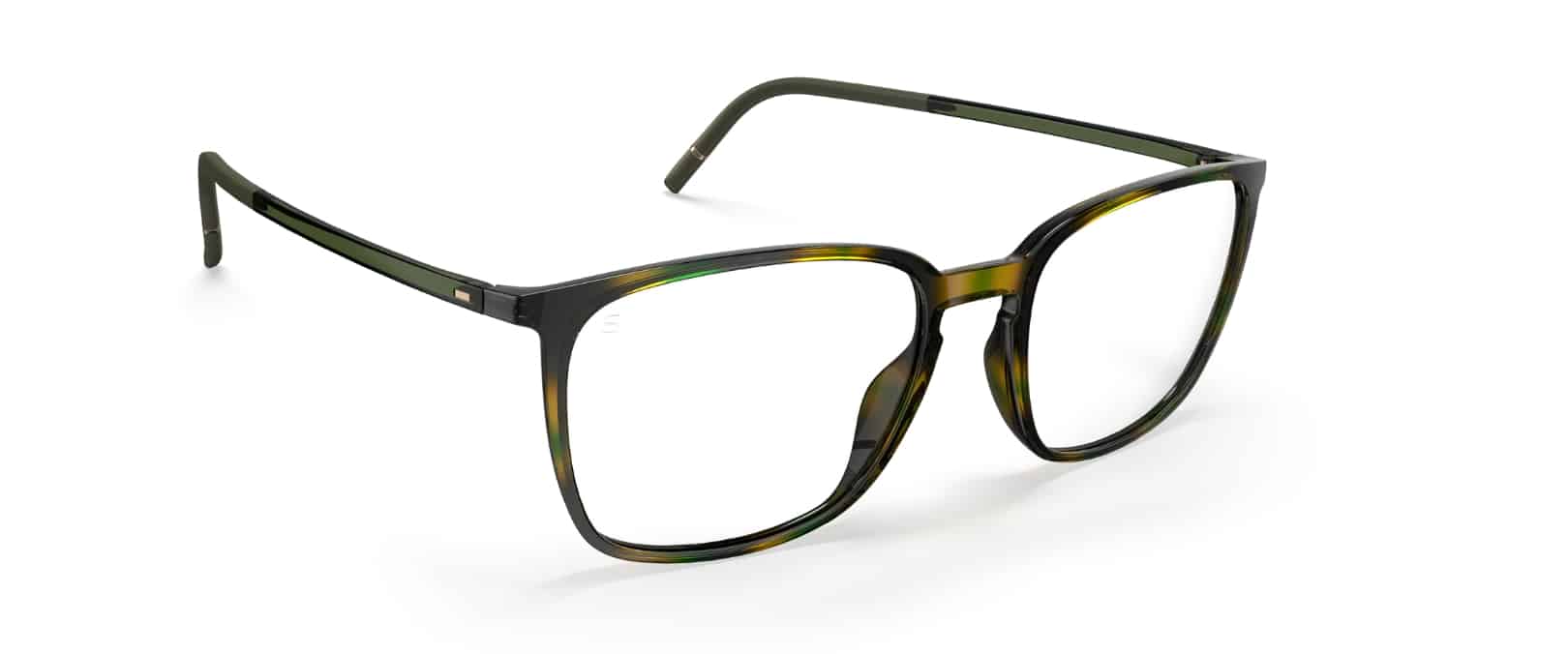NEI Finds No Evidence Calcium Increases AMD Risk
Thursday, May 30 2019 | 06 h 15 min | Vision Science
Taking calcium supplements or eating a diet rich in high-calcium foods such as milk, cheese and kale is not linked to an increased risk to age-related macular degeneration, said scientists from the National Eye Institute in the U.S. in the March issue of JAMA Ophthalmology.
This finding was consistent with a 2014 report in the British Journal of Nutrition that found a high calcium diet had either no risk or a protective effect against AMD, but contradicts a 2015 JAMA Ophthalmology study on self-reported calcium supplementation in elderly patients that found calcium consumption was associated with a higher AMD risk.
“Although the findings suggest that high calcium intake may be protective, the jury is still out on whether people should alter their calcium intake to prevent the onset or progression of AMD,” said, Emily Chew, the study’s lead investigator.
“These latest findings provide no evidence that there is a need to change the management of calcium intake for individuals who are already taking calcium for other medical indications.”
This study used data from the landmark AREDS (Age-Related Eye Disease Study), which followed patients over a period of 10 years, looking specifically at self-reported calcium intake of 4,751 participants.
The study found that participants with the highest intake of calcium had a lower risk of getting to late-stage AMD.
While an association was found between calcium and AMD, researchers said there could be other factors involved, including that people who took calcium supplements may be more conscientious about eating healthy or taking their prescribed medications, which are also associated with lower AMD risk.
More research is needed to determine if calcium does provide a protective effect against AMD, Chew said.
Read more: https://www.nei.nih.gov/content/nih-study-finds-no-evidence-calcium-increases-risk-amd








